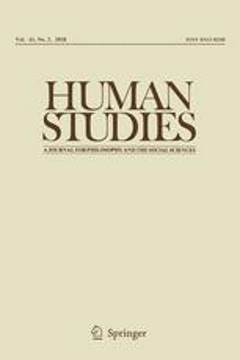Repository | Journal | Volume | Article
Virtualization of the life-world
pp. 193-209
Abstract
Building on Alfred Schütz’s work, this essay conceptually scrutinizes virtual worlds with an aim to clarify what is at stake with the virtualization of the late modern society. The diffusion of technological artifacts, devices of communication and the Internet in particular, have transformed the life-world of essentially everyone. In the past few years our everyday life, including its livelihoods, has seen a proliferation of activities within virtual worlds, such as games and virtual social networks. We can now live and experience actively in different virtual realms, as compared to being mere passive receivers in the era of television and radio. This has direct implications for what is inherently relevant for people and, in consequence, we have to take such transformation into account also in conceptual terms. This article makes a major contribution to the conceptual understanding of phenomenological sociology that due to the virtualization, we can no more equate the paramount reality as the zone of primary relevance. The paramount reality as conceived as the sensorily perceivable, physical world of concrete objects is increasingly far from being equated to that part of the world within our reach which we can immediately observe and also at least partially dominate, that is, the zone of primary relevance. It is furthermore argued that the ongoing virtualization of societies urges us to conceive of virtual worlds as transforming the chief finite province of meaning, that of the world of working, instead of seeing virtual worlds merely as other sub-universes of reality.
Publication details
Published in:
(2018) Human Studies 41 (2).
Pages: 193-209
DOI: 10.1007/s10746-017-9455-3
Full citation:
Ollinaho Ossi (2018) „Virtualization of the life-world“. Human Studies 41 (2), 193–209.




